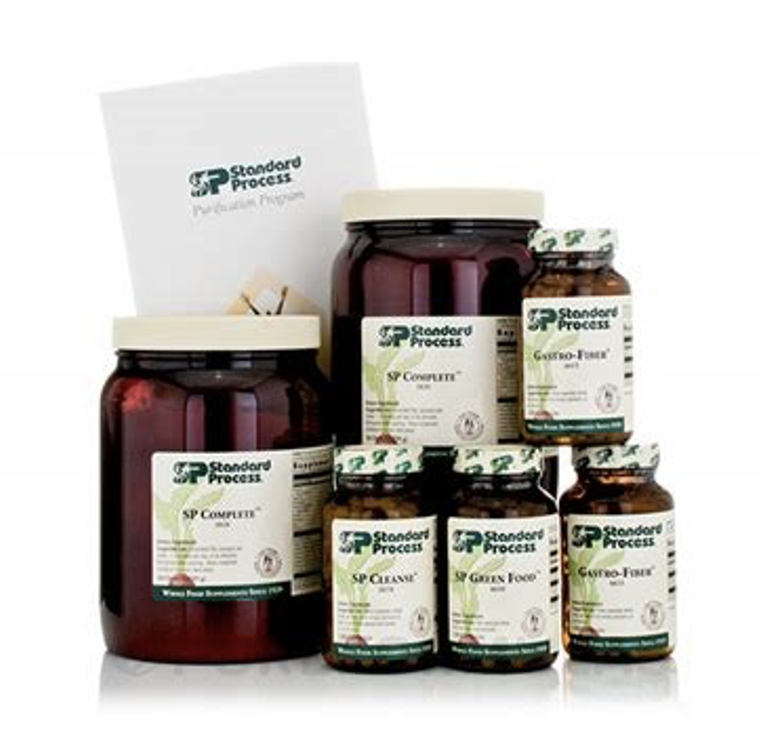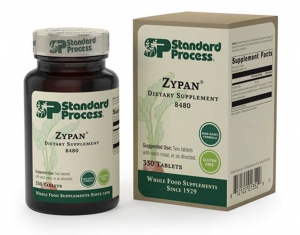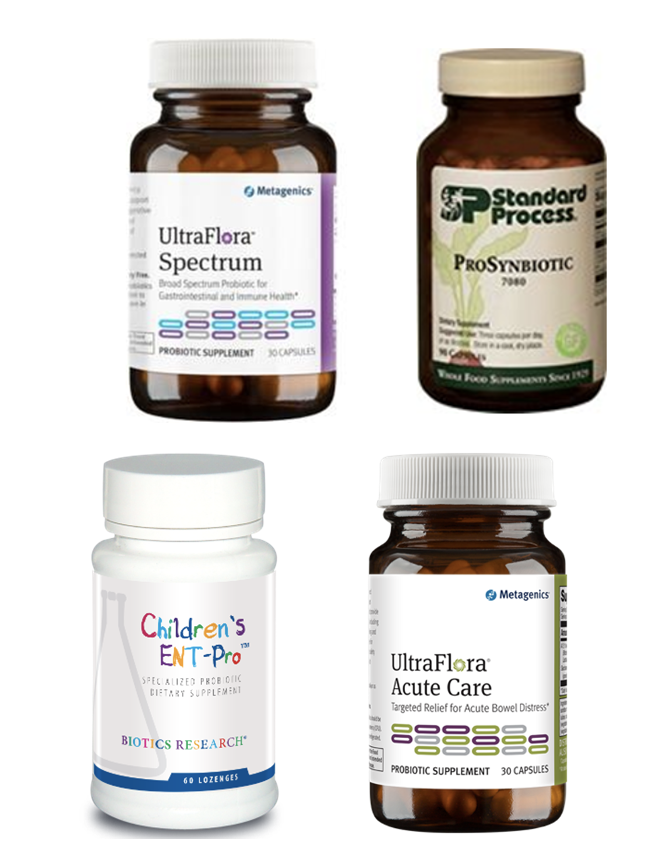Probiotics, as well as prebiotics, are important to gut health and your whole system. Probiotic and prebiotic foods and supplements enhance the growth of healthy microorganisms in your body. Today, probiotic and prebiotic products are used widely, most often in the treatment and prevention of gastrointestinal conditions.
Our digestive system is our first line of defense against harmful bacteria carried in through food, drink, airborne, etc. Probiotics assist the immune system to function properly.
At any given time, there are about 100 trillion bacterial microbes living inside your body, most of which reside in your digestive tract.
 When friendly or good bacteria outnumber bad bacteria, the body is typically in balance. However, with the inception of white flour and sugar in the typical Western diet, high-stress levels, and overuse of antibiotics, we destroy our bodies’ natural ecology.
When friendly or good bacteria outnumber bad bacteria, the body is typically in balance. However, with the inception of white flour and sugar in the typical Western diet, high-stress levels, and overuse of antibiotics, we destroy our bodies’ natural ecology.
You may experience more digestive issues, find yourself getting sick more often, and your overall vitality is diminished. Just like a car, the body needs an “oil change” as well.
A detox program, such as our 21- and 10-day cleanses, are highly beneficial for detoxing all of your main organs, such as the kidneys, liver and gallbladder.
While removing toxins from the gastrointestinal tract, kidneys, liver, fatty tissue, etc, such as plastics, pesticides, drugs, chlorine, fluoride, formaldehyde, metals, MSG, and Roundup, it is crucial not to forget the importance of adding the foods and supplements that the gastrointestinal tract needs to get and keep it healthy:
1. Probiotics/prebiotics supplements
*Probiotics = Microorganisms introduced into the body for their beneficial qualities. There are many healthy strains available in different products and foods, such as pickles, breast milk, sauerkraut, yogurt, kefir, and kimchi.
*Prebiotic Fiber= A non-digestible food component that promotes the growth of beneficial microorganisms in the intestines. Examples are chicory root (a Mediterranean plant often added to coffee or used as a coffee substitute), onions, garlic, bananas, artichokes, skin of apples, greens, etc.
2. Products/foods that heal “Leaky Gut” (an increased permeability of the intestinal wall allowing undigested proteins, toxins, and bacteria to get into the bloodstream and cause inflammation/disease.) Things such as L-Glutamine (amino acid which makes up protein), Aloe Vera, and deglycyrrhiized licorice can assist the healing process.
*Deglycyrrhizinated Licorice (DGL) which is when the glycyrrhizin is removed from the licorice to avoid high blood pressure or other issues.
3. Digestive enzymes and HCL (Hydrochloric acid)
 There are thousands of probiotic strains, or friendly flora, found naturally in food and supplements and when ingested they actively promote overall health in many ways. In its simplest term, probiotics make the digestive tract inhospitable to unfriendly microbes.
There are thousands of probiotic strains, or friendly flora, found naturally in food and supplements and when ingested they actively promote overall health in many ways. In its simplest term, probiotics make the digestive tract inhospitable to unfriendly microbes.
The benefits of probiotics have shown to improve bowel movements and a certain strain called lactobacillus rhamnosus GG has been shown to reduce acute diarrhea in children. Good bacteria also manufacture a range of B vitamins, which the body cannot create or store on its own, which offset the effects of stress, vitamin K which is essential for bone density; and enzymes that aid in metabolism.
Antibiotics: Friend or Foe?
Antibiotics, while necessary at times, can also be the cure with a catch. What do we mean by that?
When you get a prescription for an antibiotic, you might feel that you’re on the path to recovery. But there’s a catch. About 70% of your immune response takes place in your digestive tract. When you take an antibiotic, it goes through your system and kills off all the invading bacteria.
The problem is it also kills off your healthy bacteria, the ones needed to keep digestion smooth, have regular bowel movements, and protect your body from aggressive and invading bacteria.
As the Harvard Medical School reports, it takes 6 weeks for your body to recover from an antibiotic. During this time, your gut is a vacant neighborhood just waiting for someone to move in.
While friendly bacteria are prevented from replenishing the gut during this time, you’re at a much higher risk for unwanted bacteria colonizing (establish itself in an area) your intestinal tract and developing Candida/yeast/fungal infections in your system. The good news is that there are steps you can take to help avoid intestinal flora disruption. To summarize the above:
1. Eat a diet free from sugar and white flour and processed oils like Canola oil, margarine, hydrogenated oils, etc….
2. Add foods to your diet to increase your probiotic/prebiotic intake, which is listed above.
3. Avoid taking drugs such as NSAIDs (Aspirin, Ibuprofen, Naproxen, Celebrex, etc..), Opioids which damage the lining of the intestinal wall!
4. Take a healthy fiber such as Whole Food Fiber Std Process or BioFiber Complete and increase fiber in your diet.

5. Take a really good probiotic/prebiotic and digestive enzymes if needed.
Our clinic uses over 20 different probiotic/prebiotic products. To name a few:
- ProSynbiotic Std Process
- Acute Care
- Ultra Flora Spectrum
- Children and Adult ENT probiotic
- Klaire Labs Probiotic for Infants
What about inflammation and our gut flora?
The topic of inflammation is an entire subject in itself.
Inflammation is our immune system’s way of telling us to pay attention to our health. While occasional inflammation is a crucial step in healing, chronic inflammation can signal a more serious underlying condition. Probiotics, or “good bacteria,” may lower levels of inflammation in the body, which could benefit patients who have inflammatory diseases such as ulcerative colitis, and soothe inflammation in our gut and offer resistance against harmful bacteria.
Are You Ready to Take The Next Step to True Health ?
Let’s get started!











Follow Us